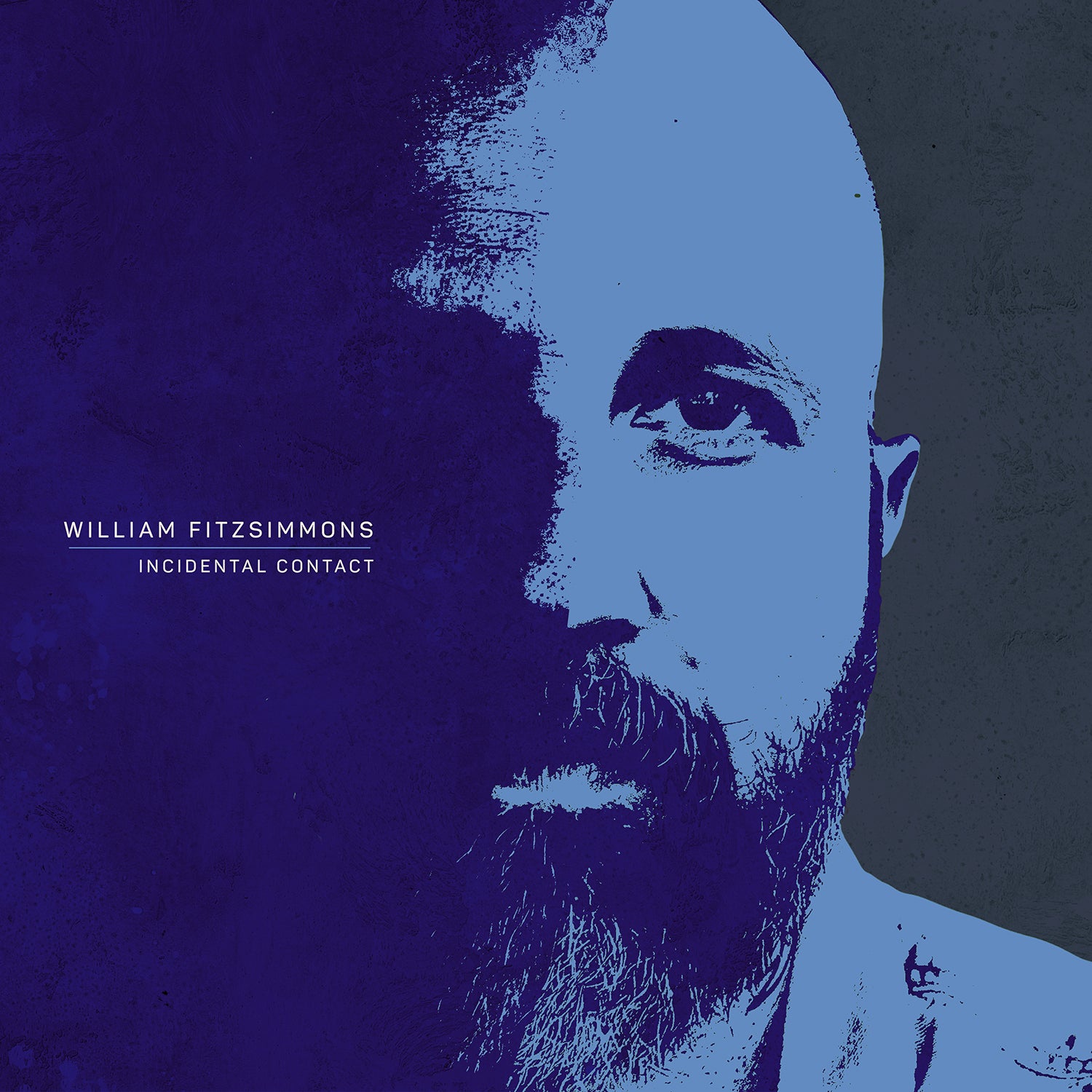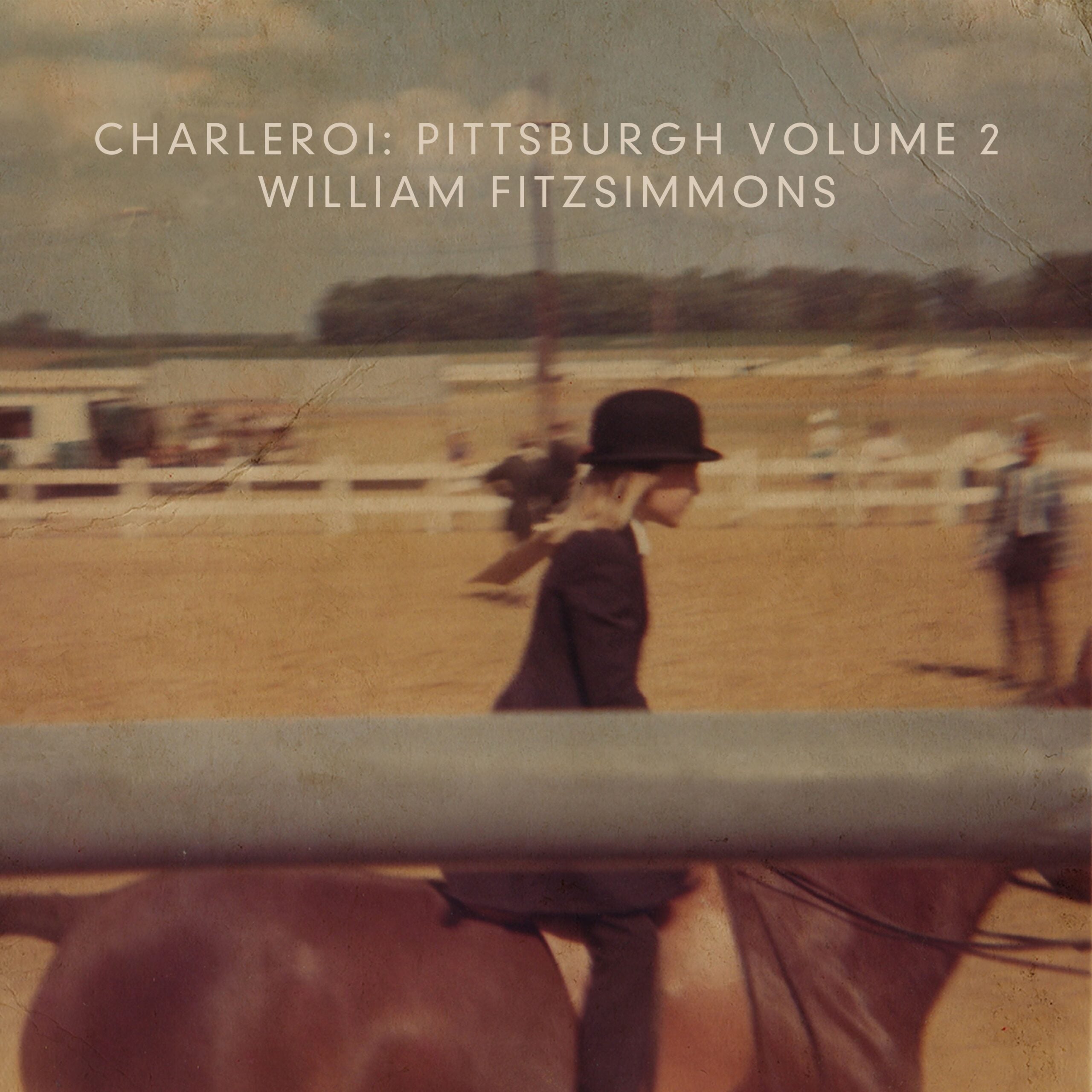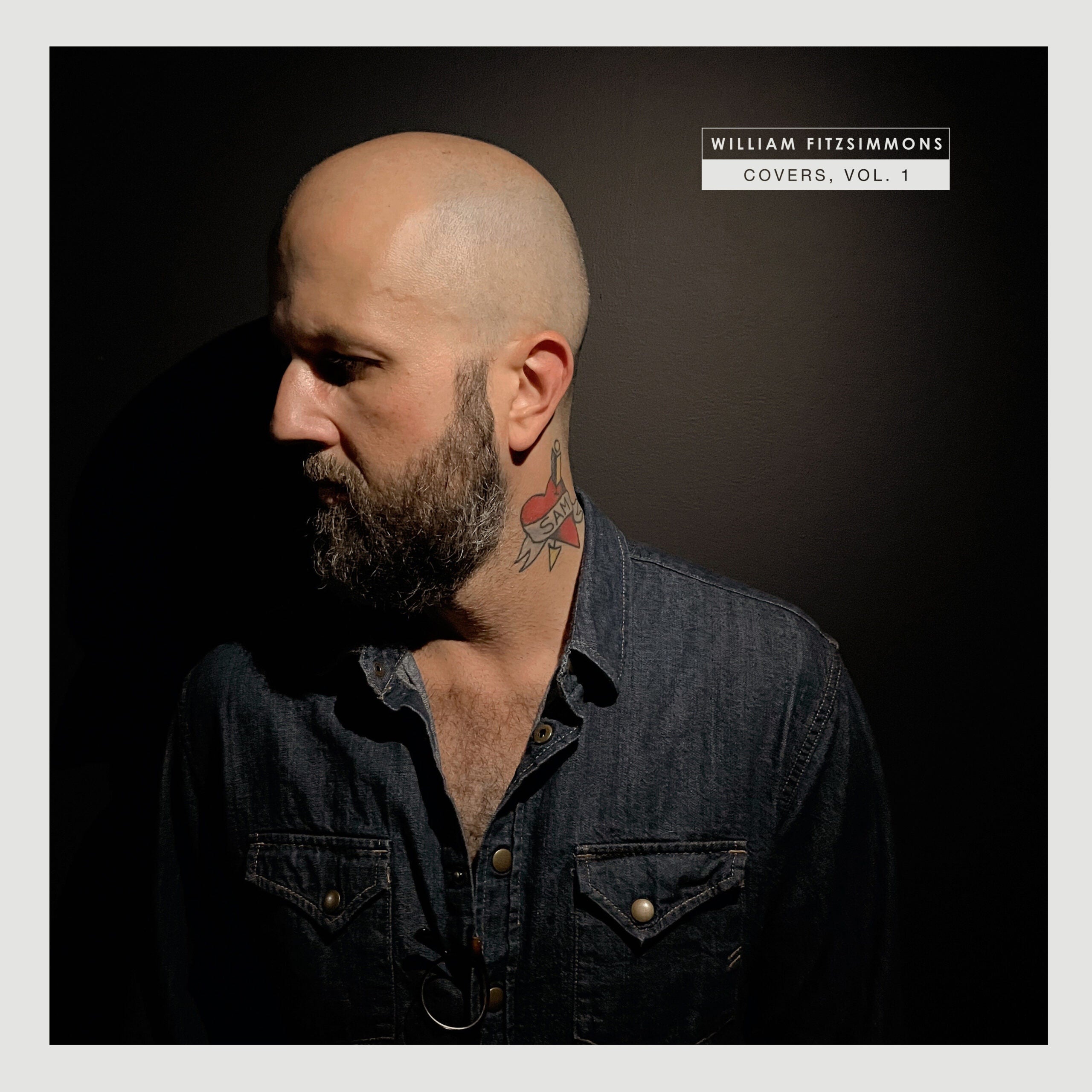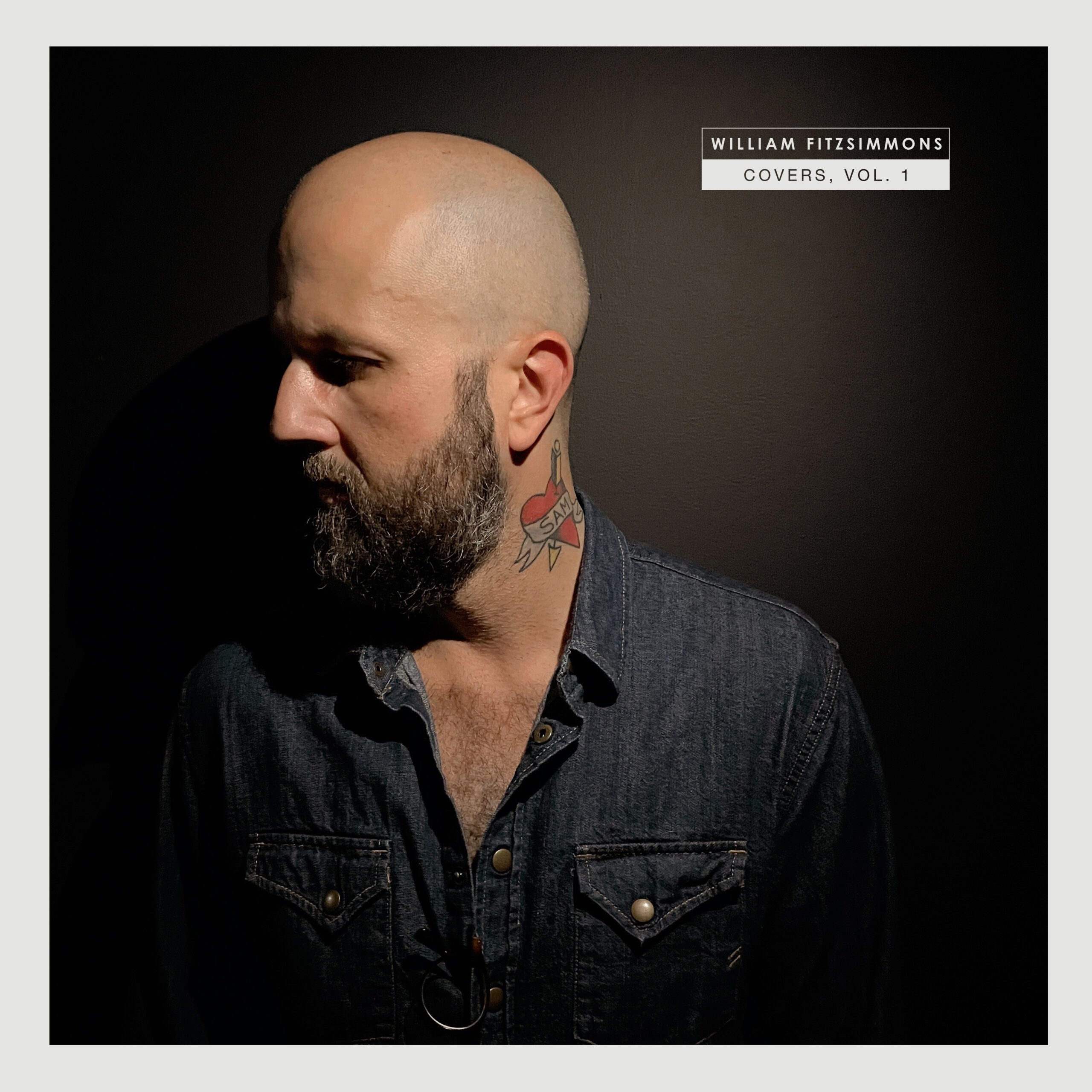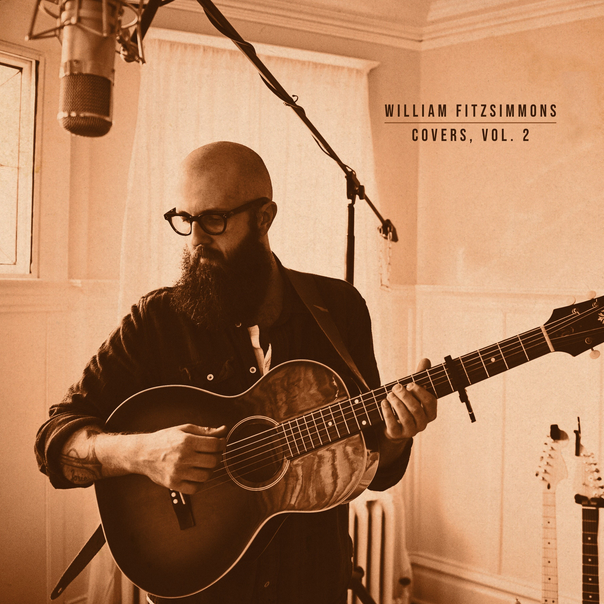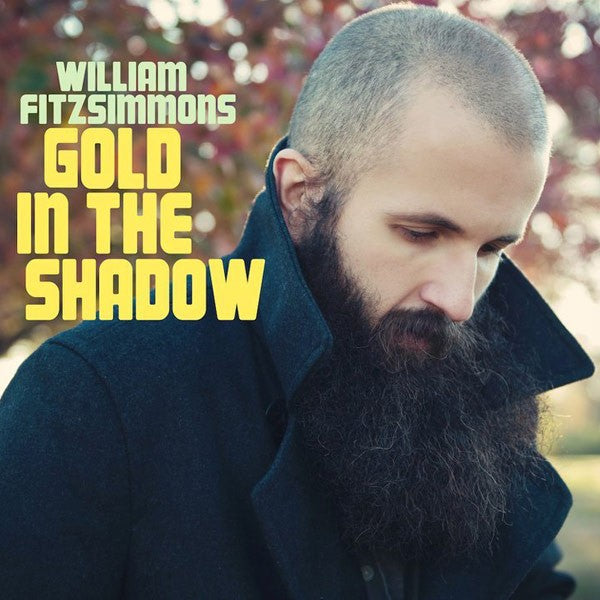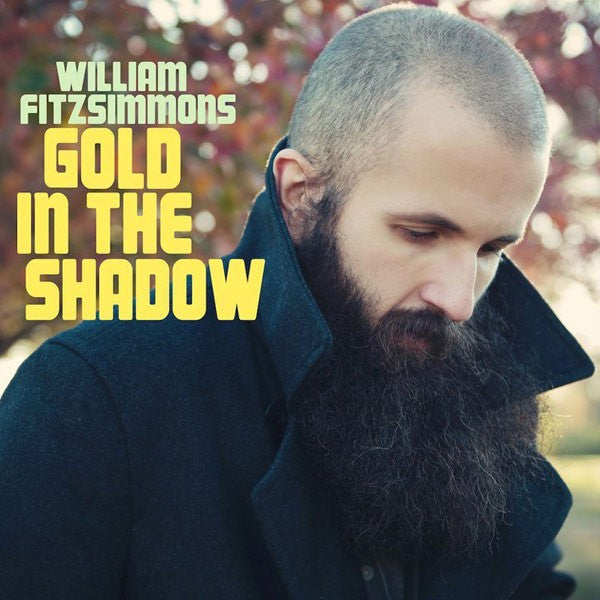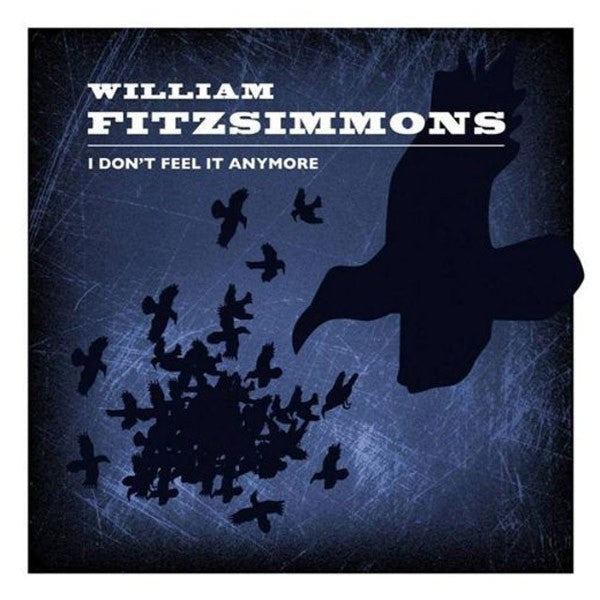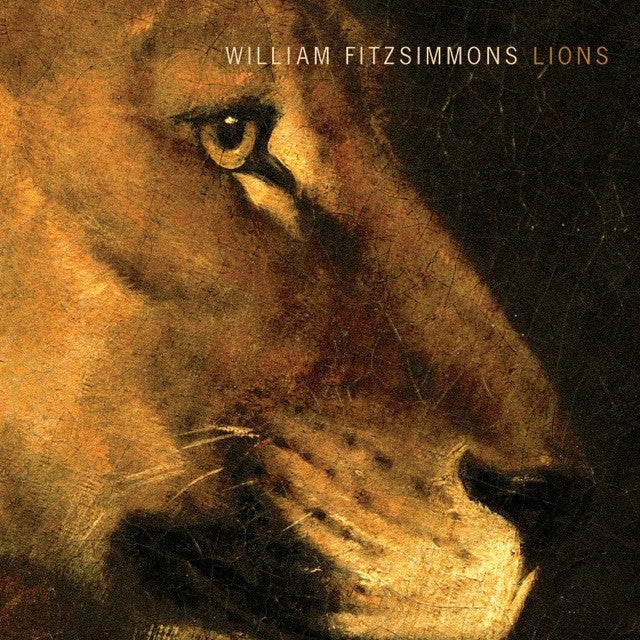
WEBSITE
William Fitzsimmons
William Fitzsimmons was never one of those songwriters who drown us in a flood of words and suffocate our air with wild chains of associations. His art has always been intuitive, his songs as familiar as the breath of a loved one, his words simple and powerful at the same time, his voice a wise breath.
William Fitzsimmons' songs are about happiness.
At least that is what one would like to say after surrendering to the beauty of its melancholy. But if one deals with its origins, truly abysses open up, ultimately the dark side of its creator.
Only then can we understand the depth and intensity that characterize Fitzsimmons' songs and from which beauty presents itself as ambivalently as happiness itself.
His education flows into his music
William Fitzsimmons is a songwriter and psychotherapist. In his musical work, he weaves together honesty, depravity and autobiography in a unique way into a seemingly seamless whole. They are carefully conceived, shaped by family stories, intimate revelations and brave confessions and deliver a multifaceted folk that can be acoustic and straightforward or powerful and electronic in its variety. And they reflect Fitzsimmons' dedication to asking the pressing questions that too often go unspoken.
William Fitzsimmons came to music through the influence of his parents, who filled his childhood home with countless instruments, singing evenings and music theory lessons. But more than just a leisure activity, music served as an essential means of communication between Williams and his parents—both of whom were blind. Since he experienced the world very differently from them, they had to rely on the language of music to build emotional bridges.
Music helped William Fitzsimmons find distance from his work
Fitzsimmons turned away from music completely when he went to college and got his degree as a psychotherapist. It had been a long-held dream to become a psychotherapist and after graduating he worked for several years with people who were particularly mentally handicapped. However, by the end of his training he had already started writing songs in preparation for psychotherapy and as a cathartic way of working on himself to find a way to deal with his own psychological problems.
How Music Gained the Upper Hand
William Fitzsimmons recorded the first two albums at home and produced them himself. They shed light on his unusual upbringing and the disintegration of his family during his youth. A restrained presentation and frank descriptions of family and interpersonal disillusionment quickly found many listeners. It wasn't long before Fitzsimmons was still working as a psychotherapist and his songs were widely distributed and broadcast on national television programs. Such intense self-revelation in thought and writing took a growing toll, and so during the recording of the Goodnight album Fitzsimmons had to realize that his life was threatening to fall apart in many places.
In William Fitzsimmons’ third album, The Sparrow and the Crow from 2008, is a detailed and sad account of his divorce from his wife after almost ten years of marriage. The album is written as a personal apology to her and it tells a foreboding but genuine story of misfortune and reconciliation with the darkest times of his life. It was voted iTunes' Best Folk Album of 2008. After its release, Fitzsimmons took a break from songwriting for more than two years.
Fitzsimmons's following publication Gold In The Shadow, is the musical reflection of a spiritual revival and psychic renewal that the songwriter experienced in the years following his divorce. The songs are based on a specific sequence of psychopathological disorders from the Diagnostic and Statistical Manual of Mental Disorders IV (DSM-IV), and he describes them as "a real and long-standing confrontation with personal demons, past mistakes, and the specter of mental illness that has hung over me for much of my life." While his previous albums have mostly revolved around the dark side of interpersonal and internal disasters, Gold In The Shadow is entirely focused on healing. Fitzsimmons says: "I had reached a point where I either had to give in to my illnesses or attack them head-on. Either way, I couldn't carry on as before."
Gold In The Shadow marks a welcome musical turnaround - not away from the authenticity of his songwriting, but towards a new focus. Fitzsimmons turns to pre-musical therapeutic passions, but now with an eye on current, optimistic changes. The album is filled with personal elements, but also makes a first foray into other perspectives, examining the lives and psychological struggles of people around him - in addition to his own. He recognizes in them the unconscious shadow of the ego and the Freudian death drive. But despite this, or perhaps because of this, he embraces hope.
The next album, Lions, is a musical reflection on the personal renewal that William Fitzsimmons has experienced since the release of his last album. He wrote the songs intentionally without a clear goal in mind, rather William Fitzsimmons wanted to recapture the spirit of his early artistic days. It was produced Lions by Chris Walla. This fulfilled a great wish of William Fitzsimmons. After finishing the songs, he made a list of his favourite producers, with Chris Walla at the top. And he actually got in touch and together the two of them put together the album complete.
In his latest publication "Pittsburgh" William Fitzsimmons is coming to terms with the death of his grandmother. The seven songs on the record were written in just three days. They reflect the emotions and memories that were awakened in William Fitzsimmons by his grandmother's funeral. However, the songs are not heavy or particularly sad. Rather, the singer is creating a final memorial to a person who had a great influence on him, with songs that are full of warmth and cordiality, but do not forget the moment in which they were written.
You don’t just hear this importance, you feel it in each of these seven songs. Starting with »I Had To Carry Her (Virginia's Song)«, which is permeated by the melancholy of a long life, through the title song with its delicate piano playing to "Ghosts Of Penn Hills", with the wonderful declaration of love to his grandmother and the district where she and Fitzsimmons once lived:
»I will love you until these ghosts of Penn Hills will bring me where you are.«


